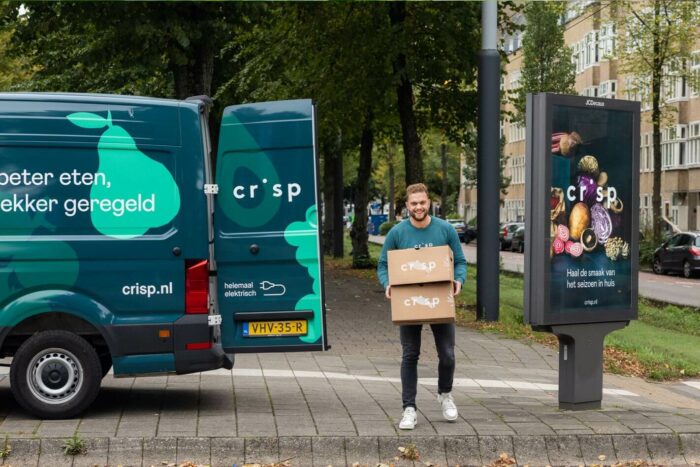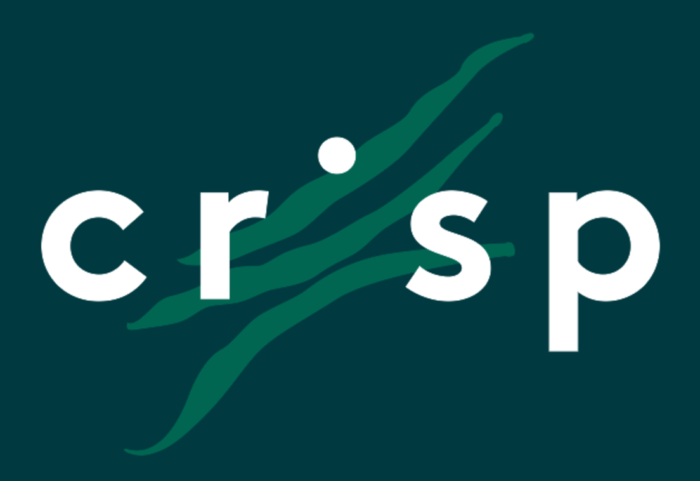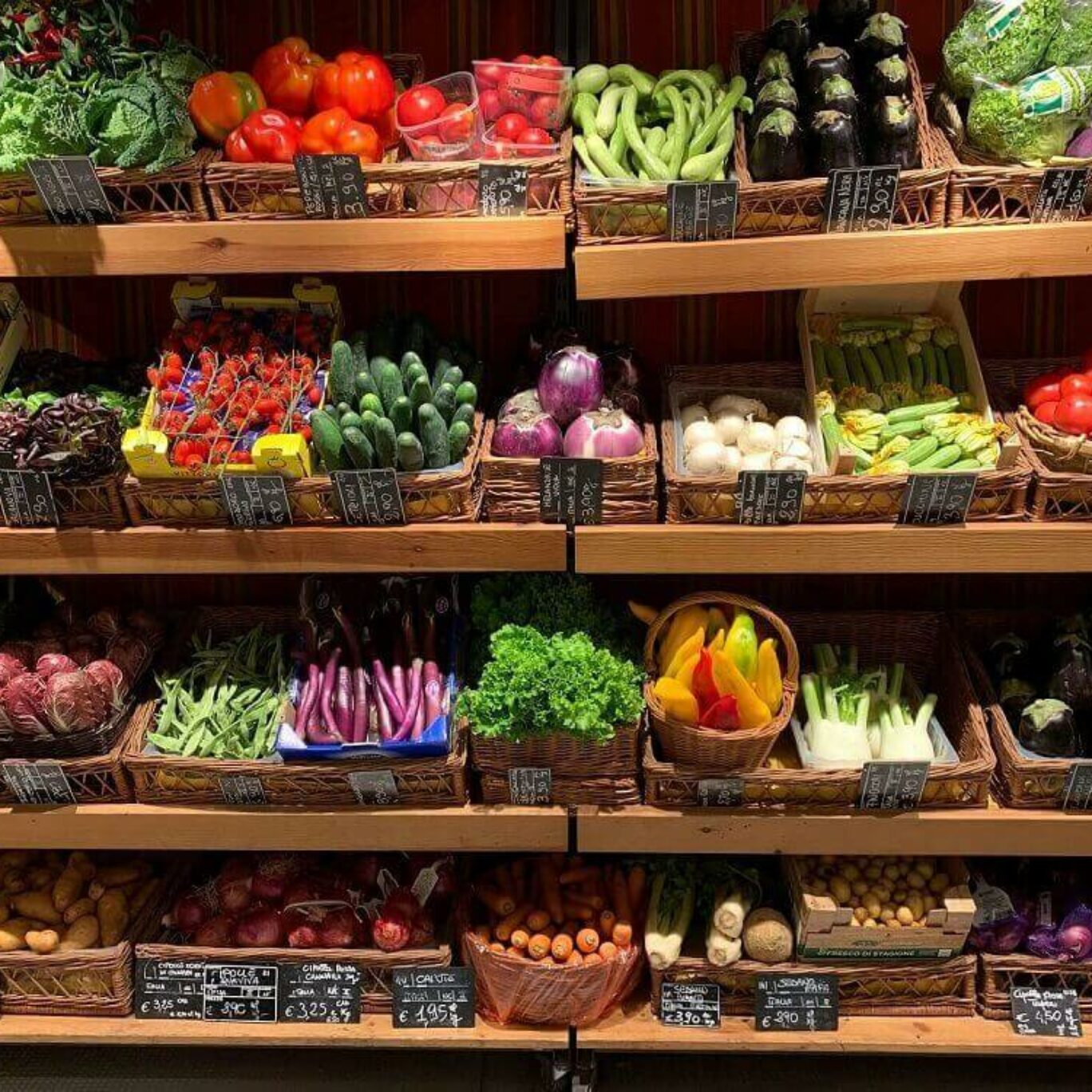Crunchy and crispy
According to EUIPO, the English word ‘crisp’ means ‘crispy’, ‘crunchy’ or even ‘spicy-sour’. Therefore, the word Crisp has no distinctive character as a trademark for products that can be crispy, crunchy or spicy-sour. Furthermore, EUIPO says there are quite a few products that can be described as ‘crispy’: Meat, fish, milk, cheese, coffee, tea, pasta, bread, ice cream, chocolate, beer and fruit juices, just to name a few. Therefore, the wordmark Crisp is not protected for all these products.

Also supermarket services
But what is worse: EUIPO is also extending the matter to the services. According to EUIPO, the word Crisp is also not distinctive for wholesale and retail services (the core of Crisp’s services), which refer to this type of ‘crunchy’ or ‘spicy-sour’ products. “It’s clear that a company producing crispy and crunchy products cannot monopolise the English adjective ‘crisp’ for those products,” said EUIPO. “A consumer entering a store with the sign ‘crisp’ above the door should at least give the impression that crispy/crunchy goods are being offered there’, EUIPO states.

Core service not protected
Well! That’s a big setback for Crisp, which apparently has considerable international ambitions given its European trademark application. As a result of this refusal, the Crisp trademark is not protected for its most important products and services in Europe.
The bar is high
I do think it goes a bit far. I understand that you can’t monopolise the word Crisp for, for example, a bag of mixed nuts. But cheese, coffee and beer – just to name a few – what’s so ‘crisp’ about those? Could be because I don’t immediately associate ‘crisp’ with ‘spicy’ and/or ‘sour’. Anyway, I think the European Trademark Office is being overly strict. In this context, it is also striking that the Benelux trademark office did not identify any problem in 2019 and simply accepted the Benelux registration of the Crisp wordmark, also for all ‘crispy’ products and services. Fortunately, the trademark is therefore well protected in the Benelux.
Bas Kist
This article was previously published (Dutch) on Adformatie.


